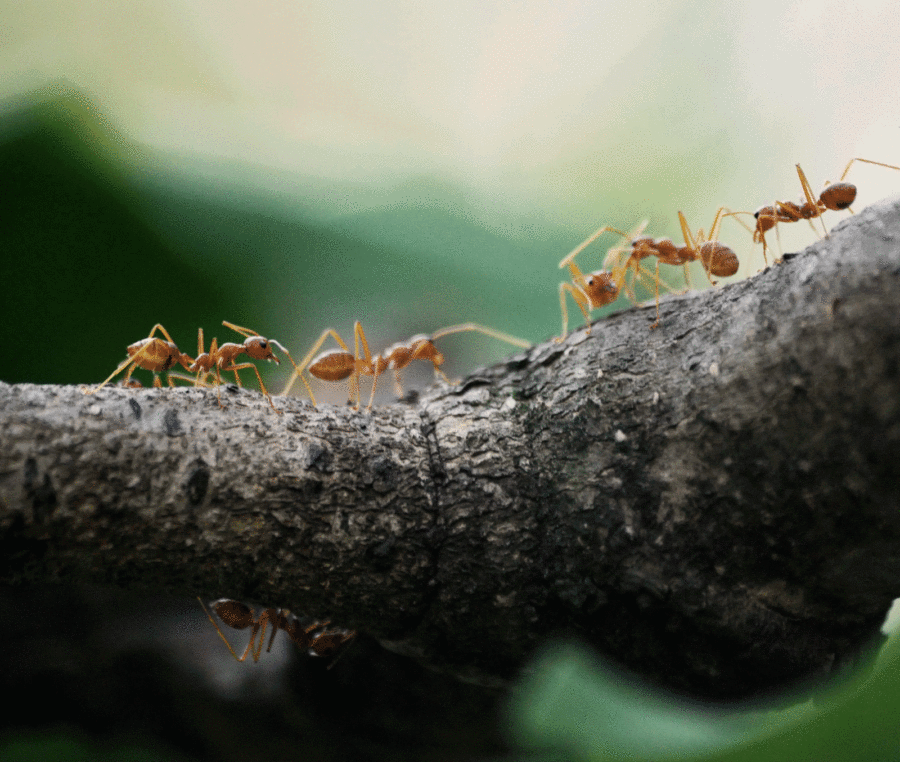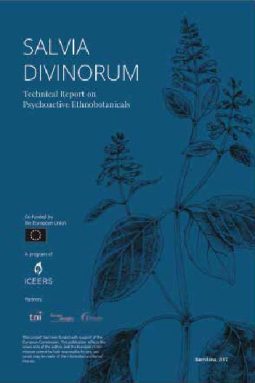In our dedication to shaping a world where practices with psychoactive plants are integrated and valued, ICEERS is embarking on an initiative to engage the global iboga/ine community in identifying the community’s strengths and assets, key challenges, and in articulating a shared vision for the future. Over the next year, we will be leading a participatory engagement process to connect with the diverse voices within the iboga/ine community, with support and advice from GITA (the Global Ibogaine Therapy Alliance, who have been working in this area for several years), and other key advisors.
Context: iboga/ine in a globalized world
Iboga (Tabernanthe iboga) is a shrub that grows throughout the Congo Basin in central Africa, and is primarily found in Gabon. It was traditionally used within the ceremonial context of the pigmies (the forest people), who shared their knowledge with the Bantu of Gabon, which led to the development of Bwiti, a spirituality that from then on includes the ritual use of iboga. To this day, iboga continues to be part of a cultural practice of great importance in the region.
Over the past few decades, interest in iboga and ibogaine, its principal alkaloid, has extended beyond its original geographic territories and surpassed the realm of Bwiti practices. Ibogaine has garnered attention for its potential as part of addictions treatment, particularly for opioid addiction, as it decreases cravings and the severity of withdrawal symptoms.
Additionally, ibogaine and its analogues also have neuro-regenerative and neuro-protective properties and appears to stimulate the growth of new dopamine neurons through increasing GDNF expression. These factors offer a restorative effect that may have potential in treating Parkinson’s disease. In this regard, science is providing new, laboratory produced synthetic and non-psychoactive congeners of ibogaine – such as 18-MC and noribogaine – as well as sources of ibogaine extracted from other plants, such as Voacanga africana, Tabernaemontana, etc.
Furthermore, ibogaine’s psychoactive qualities may have potential for treating several mental health problems. Finally, iboga/ine is also garnering attention as offering a psycho-spiritual experience at a time when there is increasing interest in psychedelics and well-being.
The growing interest in iboga/ine has led to a steady increase in the number of clinics and retreat centers offering either addictions treatments or ceremonial experiences. Together, these factors have meant that iboga/ine is globalising at a rapid pace, with a growing diversity in the people and communities connected to it. And with globalisation comes both opportunities and challenges. Given the growing interest in this plant as well as the current opioid crisis in the US, Canada, and, to a lesser extent, in some European countries, we are presented with a very important opportunity in the clinical applications of iboga/ine.
The policy context (i.e. legality) for iboga/ine differs country-to-country, which means that clinics and retreat centres are not regulated and therefore are not following standard protocols. There is concern about the occurrence of fatalities within treatment settings and about after-care for patients. In this regard, this initative will seek community perspectives on the development and promotion of treatment and care standards as a possible way to ensure patient safety.
Another line of inquiry will be regarding the fact that currently there is no clear path in terms of how to support communities connected to the plant in its traditional African territories. Concerns are being raised from various sectors with regards to how the increasing demand for iboga/ine is putting tremendous pressure on iboga, its natural environments, and the communities connected to it. For example, the government of Gabon has verified that this situation is already a real threat for the plant in their country. It is an important time to examine the impact of the growing commercialization of iboga and ibogaine, particularly on the peoples who have been stewarding these plants and practices in Gabon and Cameroon.
Overview: Iboga Community Engagement Initiative
This initiative will engage with diverse stakeholders to give voice to their thoughts on what the key issues are for the future of iboga/ine: treatment providers, ibogaine vendors, Indigenous communities, activists and NGO representatives, regulatory agencies, scientific researchers, government representatives and iboga/ine users and patients.
The goal of this project is to engage the global iboga/ine community in a process of inquiry that will capture key strengths and assets, identify promising strategies and best practices, and build the foundation for a shared vision. Sessions will be informed through the lens of appreciative inquiry – a methodology that is focused on identifying community strengths – and the understanding that the act of asking questions is a form of intervention in that it encourages reflection, dialogue, and the building of shared perspectives.
Sustainability and reciprocity will be an important line of inquiry, in terms of its ecological environment, protection of its ancestral uses and the cultural rights of the African communities that use it as part of the Bwiti. Incorporating indigenous perspectives from the geographic and spiritual home of iboga/ine will set the stage for the vital involvement of these voices in the next phase of the iboga/ine movement.
The process will promote dialogue and identify avenues for further research, future initiatives, and new lines for inquiry and dialogue. Our hope is that it will serve to strengthen the community, provide a better understanding of “what is,” and enable us to sketch out a preliminary roadmap for building a future where iboga/ine is an integrated and valued part of society.
In the coming months, we will be reaching out to the community for input, providing a safe container for community members to provide their perspectives (privacy and anonymity will be protected). ICEERS commits to bringing results back to the community and will make the report public on our website and share information within relevant public venues.
Categories:
NEWS
, Iboga and ibogaine
, RESEARCH & INNOVATION
Tags:
iboga
, community


